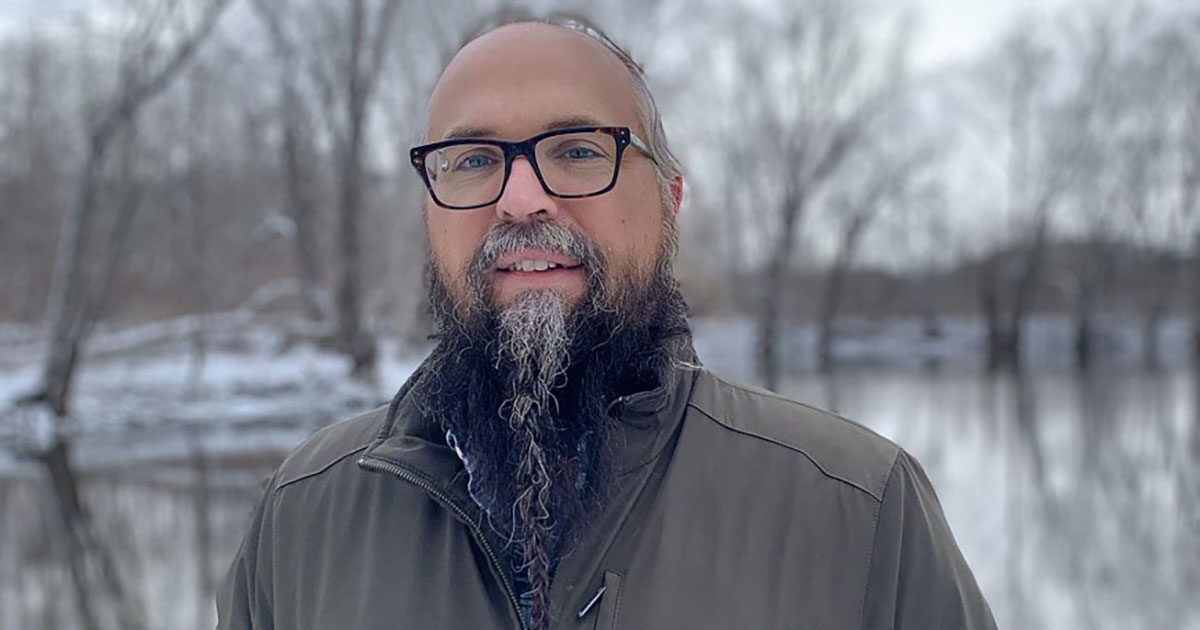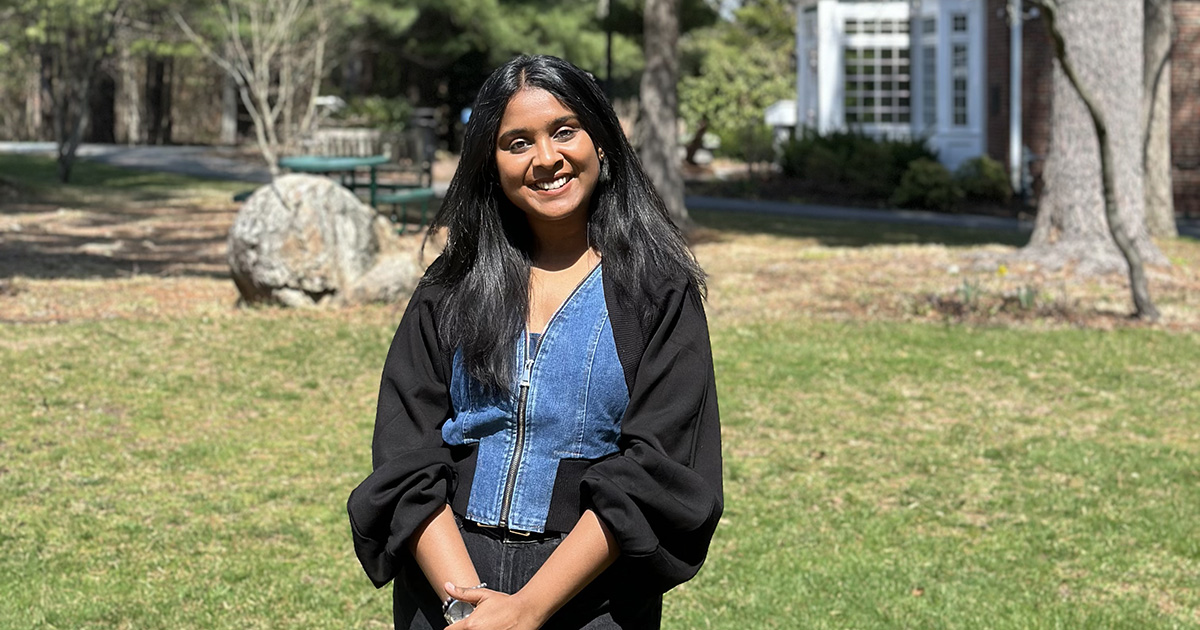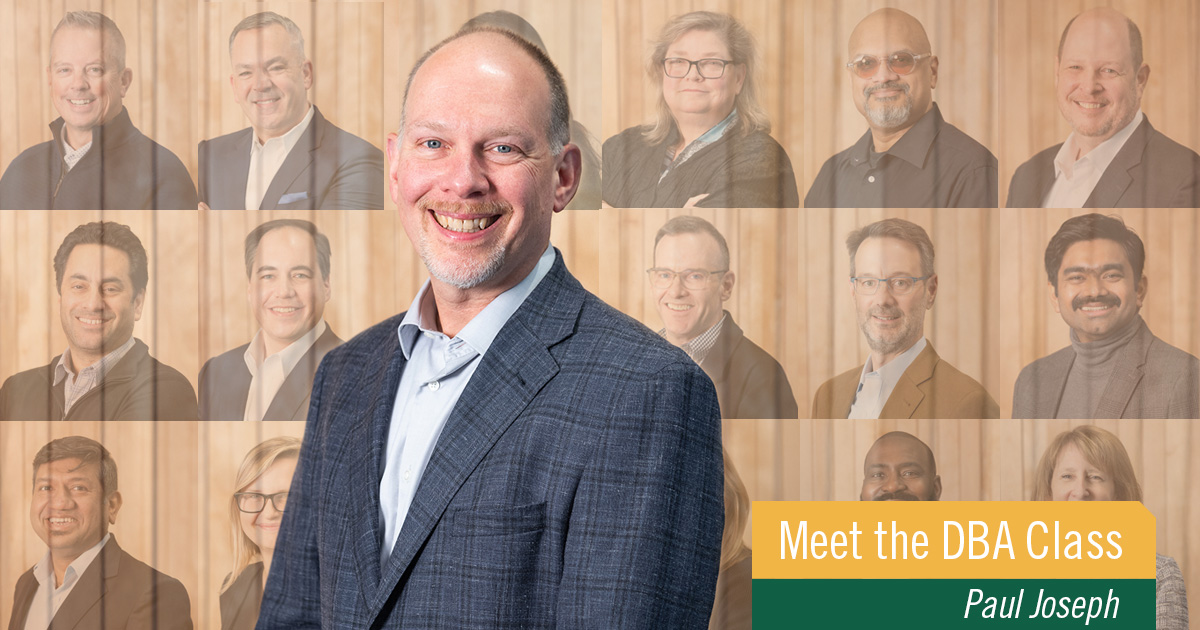Taking His Expertise in Environmental Justice to the White House

Kyle Whyte ’01 may be a university professor, but his career has been just as entrepreneurial as that of a business founder.
After graduating from Babson College, he earned a doctorate in philosophy. He spent time working in science, taught community sustainability at Michigan State University, and is now scaling an environmental justice program at the University of Michigan at a crucial time, as climate change poses a larger threat to the planet.
Recently, Whyte has been bringing his innovative perspectives to the newly formed White House Environmental Justice Advisory Council, where he, along with other professionals who offer unique outlooks on environmental justice, is working to solve the ecological problems that some American communities face that others do not have to worry about.
“For me, it was time to get to work, and time to see if my expertise could play a role in changing policy at the government level that would ultimately improve people’s lives,” he said.
Environmental Innovation
Hundreds of communities in the United States face disproportionate levels of pollution and effects of climate change. As a member of the Citizen Potawatomi Nation, a federally recognized tribe in Oklahoma, Whyte is familiar with that hardship.
“We were forced to relocate from the Great Lakes in the 19th century,” Whyte said of his tribe’s history. “Not only did we have to experience a rapid change in climate, but we also faced a number of environmental issues, the Dust Bowl period, and pollution from the oil industry.
“For me, the work on environmental justice is personal, and one that I see as trying to create a transformation that will also affect my own community.”
“For me, it was time to see if my expertise could play a role in changing policy at the government level that would ultimately improve people’s lives.”
Kyle Whyte ’01
The group so far has been tasked with making recommendations for the Justice40 Initiative, established to bring a percentage of overall benefits of federal investments to disadvantaged communities, as well as updating Executive Order 12898, a 1994 proclamation issued with the goal of achieving environmental protection for all communities.
Tribes even have an opportunity to play an entrepreneurial role in our much-needed national transition to renewable energy sources, Whyte says, and they have the chance “to model what it means to be a society not only based on renewable energy, but able to provide renewable energy to others.”
Following His Passion
At Babson, Whyte learned how to be a self-starter. He also found an appreciation for business classes including finance, entrepreneurship, and management, which he says have been valuable for him as an academic.
“I understand how to read financial documents, how to organize teams,” he said. “Some of the business courses taught me important lessons.”
One of his mentors was Professor Brian Seitz, who pushed Whyte to think critically about the importance of life ethics.
“Kyle Whyte took to philosophy with more facility, talent, creativity, and enthusiasm than any other student I’ve ever had,” Seitz said.
In his current capacities, Whyte hopes to influence and train the next generation of environmental professionals who will contribute across law and policy, science and engineering, and the business world.
“I’m committed to demonstrating that if you follow what you’re passionate about,’” Whyte said, “you can achieve it.”
Posted in Community, Entrepreneurial Leadership




